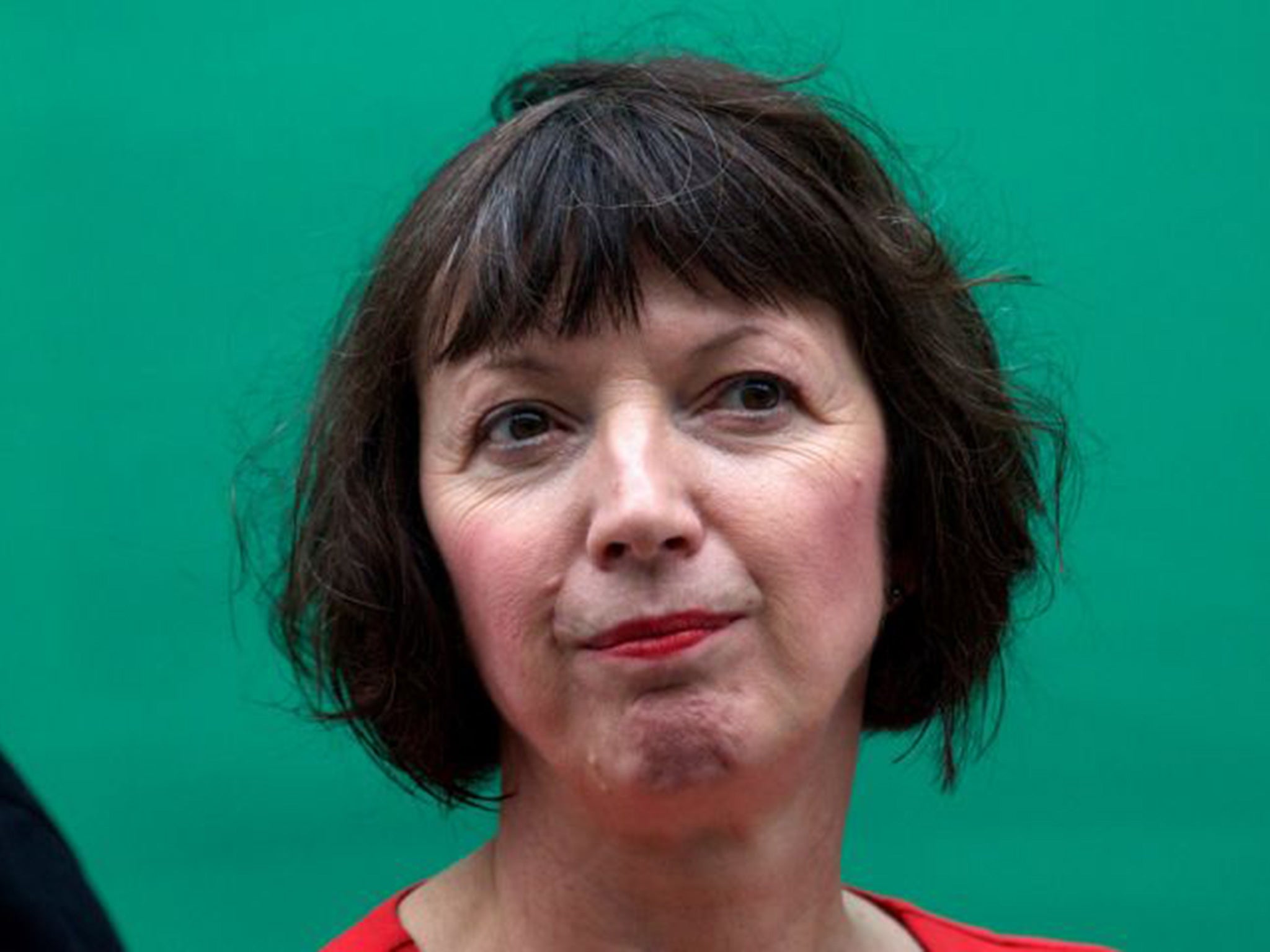Baby boomers are 'not to blame' for wealth inequality across generations, report says
TUC findings say cutting pensioner benefits will not fix wealth gap

The popular notion that wealthy baby boomers are hoarding the country’s wealth in retirement, at the expense of younger generations, is wrong, according to a new report. It acknowledges that today’s young people will be poorer than their parents, but says the answer is not to cut pensioner benefits.
The TUC report into wealth inequality attacks the “myths that all pensioners are rich and that reducing older people’s benefits would be a solution to young people’s problems”, and warns that “growing wealth inequalities across generations” are the real problem.
Writing in the foreword, Frances O’Grady, the TUC general secretary, says: “Big cuts to working-age social security benefits [over the past five years], combined with relative protection for some pensioner benefits, sparked divisive debate about intergenerational inequalities and whether the so-called baby boomer generation have been feather-bedded at the young’s expense.”
Written by James Lloyd, director of the Strategic Society Centre, the report draws on an analysis of the UK Wealth and Assets Survey by researchers at the University of Bristol. It reveals that people of working age are those most likely to be wealthy, with two thirds of the richest 10 per cent of households aged between 45 and 64. Only about a quarter of such households are aged 65 or above.

Although rising house prices have “seen some older households accumulate as much wealth during retirement as during their working lives”, there is “substantial inequality” among pensioners, with only 5 per cent paying higher-rate income tax, the report adds.
Cuts to public spending on pensioners would have little, if any, impact on young people, it argues. Winter Fuel Payments are cited as one example. If these were cut, the £2.1bn which the DWP would recoup would result in extra public spending of only £181 each for 16- to 30-year-olds, it says. “Cuts in support for older people will eventually become cuts in support for today’s young workers,” it adds.
“Reducing public expenditure on pensioners as a means to increase spending on young people would not provide the answer to the challenges today’s new labour market entrants face, leaving wider inequalities untouched and young people even worse off as they grow older themselves.”
The report suggests that improving the prospects of young people, who – unlike the baby boomers – are faced with tuition fees and runaway house price inflation, requires a shift away from taxing incomes and towards taxing homes. “This could take the form of a capital gains tax on primary homes,” it says.
It calls on the Government to focus on improving jobs and wages for the young, and helping them to get on to the property ladder.
The report comes after the Ready for Ageing Alliance warned in a briefing last week: “The term ‘baby boomer’ is increasingly used as a term of abuse”, with an “increasingly polarised public debate” pitching generations against one another.
Angus Hanton at the Intergenerational Foundation, said: “The maths is simple – we need to take less if we are living longer and not keep asking the young to pick up the bill.”
But a spokesperson for Age UK said: “Of course, some older people have been lucky in life and as a result are financially comfortable and secure, but unfortunately this is by no means the case for all or probably even for most. It is in all our interests for young people to get on and do well, and for older people to have enough money for a decent retirement. Surely these aims are complementary, not in opposition to each other.”
A Government spokesman said: “Our long-term economic plan gives everyone the chance to get on, at every stage of their lives. This includes the dignity of a job, the security of a pay cheque, the chance of a home of their own and a decent, well-earned retirement.”
Join our commenting forum
Join thought-provoking conversations, follow other Independent readers and see their replies
Comments